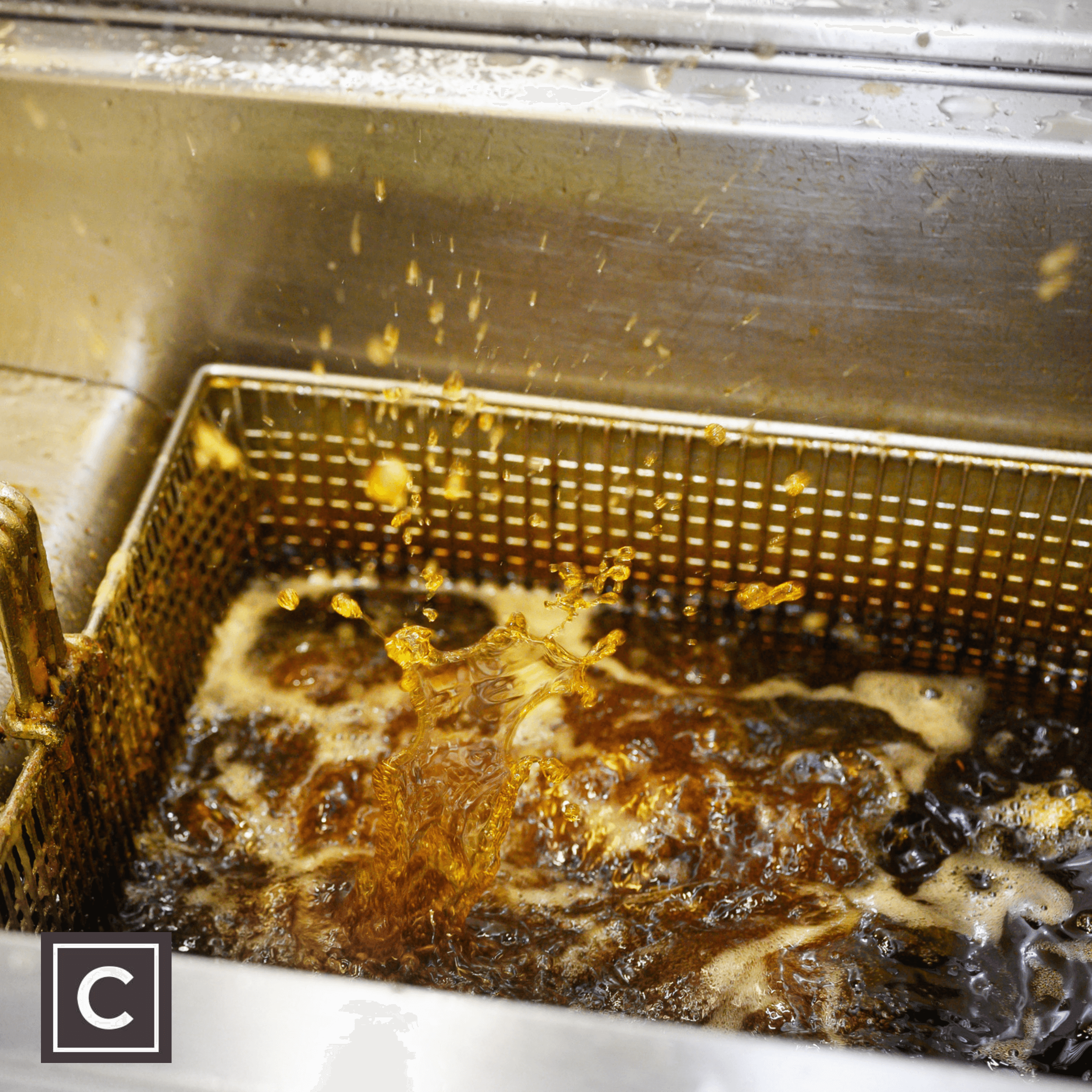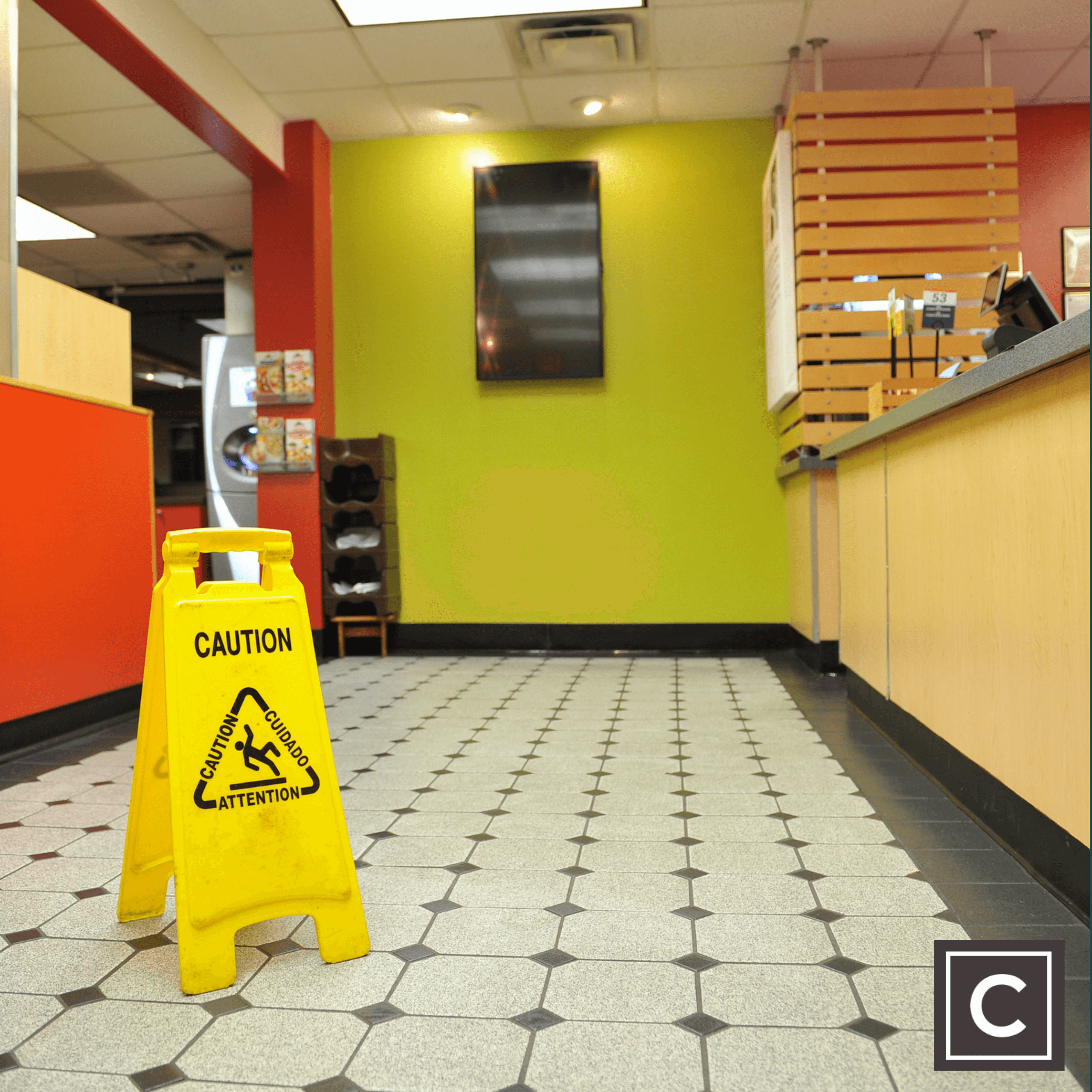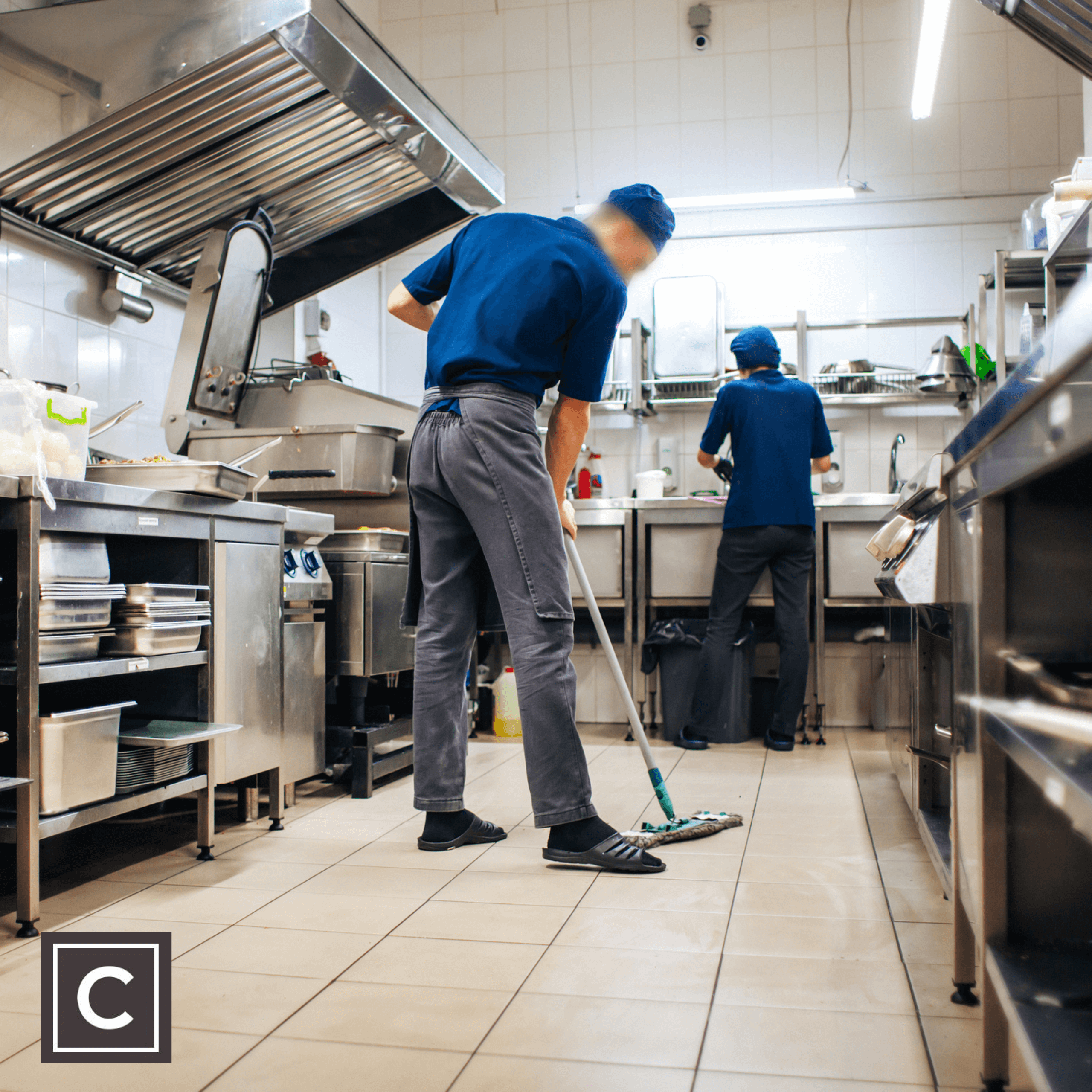How to Sort Out a Kitchen Oil Spill without Losing Your Cool
Posted by Stelios on 26th Jul 2023 Reading Time:
You might be looking at this article and thinking, "Why on earth would I need to know what to do with an oil spill in a kitchen?" Well, being ready for such a mess could save your bacon! If you have a system in place, spills are less likely to occur; if they do, you won't be flapping about.
We've all dealt with it, that horrific moment when oil spills everywhere. And guess what? It's never when you're twiddling your thumbs with nothing to do. One second, everything's okay; the next, you've got a kitchen that looks like a greasy version of a Pollock painting. If you're lucky, there's a drain nearby. But even that can lead to other problems, like fat, oil, and grease solidifying and blocking your pipes.
So, that frying oil you use daily? It's not just a necessity for your fish and chips. It's a hazard in disguise. Grease spills are real and can be a proper nuisance if you're unprepared. If a grease spill happens in your kitchen, here's the lowdown on what to do.
Firstly, don't lose your rag.
Work out where the leak or spill is coming from
Oil spills can pop up from a load of different places. Maybe your coworker may have had a wobble and spilt a bucket on the way to the oil waste bin outside. Or your filtration tank has a leak in it. Spotting potential leaks before they happen is vital to keeping oil spills from becoming an indoor oil slick.
Once you've figured out where the spill is coming from, you're on your way to sorting it out.
Cordon off the spill area
Oil spreads like wildfire, so you'll want to get a move on and secure the area where the spill first occurred. Grab something solid and flexible, like a garden hose and encircle the spill to stop it from spreading. Next, let everyone know - staff and customers alike - to be careful around the spill area. Throw up some caution signs for liability's sake. You've got a responsibility to look after your team and patrons.
Start the mop-up operation
Now it's time to get your hands dirty. Grab some flour it's perfect for drying up the oil because it has a high absorbency and will soak the oil up quickly. Don't skimp on the flour - the more, the better. Once the oil's turned into a paste, let it sit before scraping it into the bin.
Give the area a good scrub
You're almost there. Once you've binned the soaked-up spill, you need to clean the area properly. Even though you've scraped up the floury oil, there might be some residue left on the ground that could stain or make the area slippy. Plus, if you leave any grease, it'll start to smell after a short period.
To sort this:
- Get your hands on some Ceres Natural Degreaser and cover the affected area liberally.
- Pour over hot water and scrub the area with a brush.
- Mop it up with some fresh hot water and dry it.
- This method should suffice until you give the kitchen a complete clean-down at the end of the shift.
Bob's your uncle; you're back in business!
If you had to scrape the oil down the drain, mix up ten litres of hot water and 500g of Ceres Natural Degreaser and give it a good pour. This extra step will help reduce any problems with the drain.




